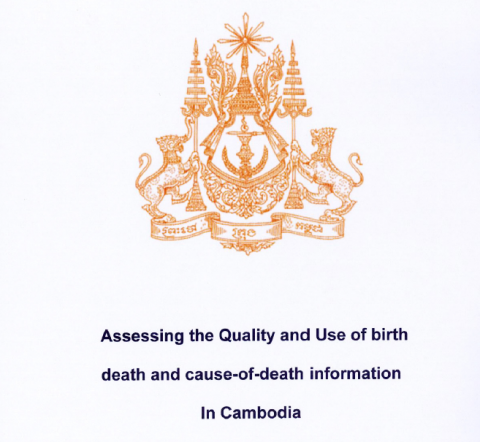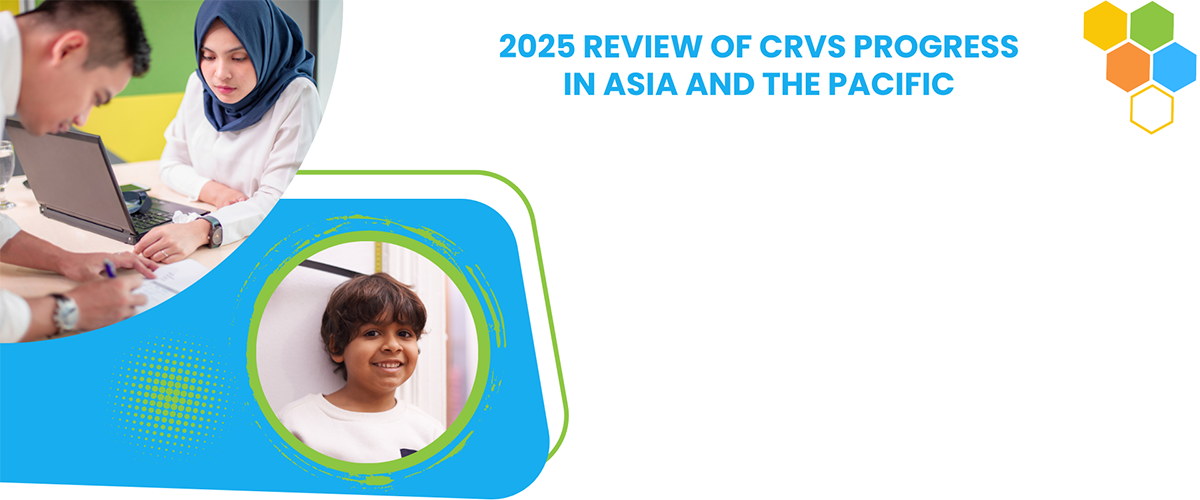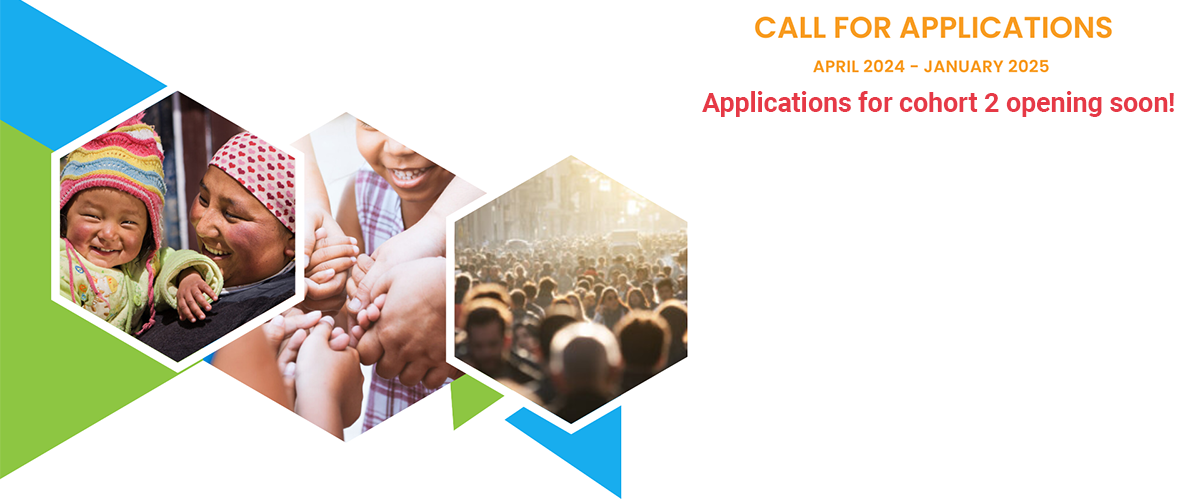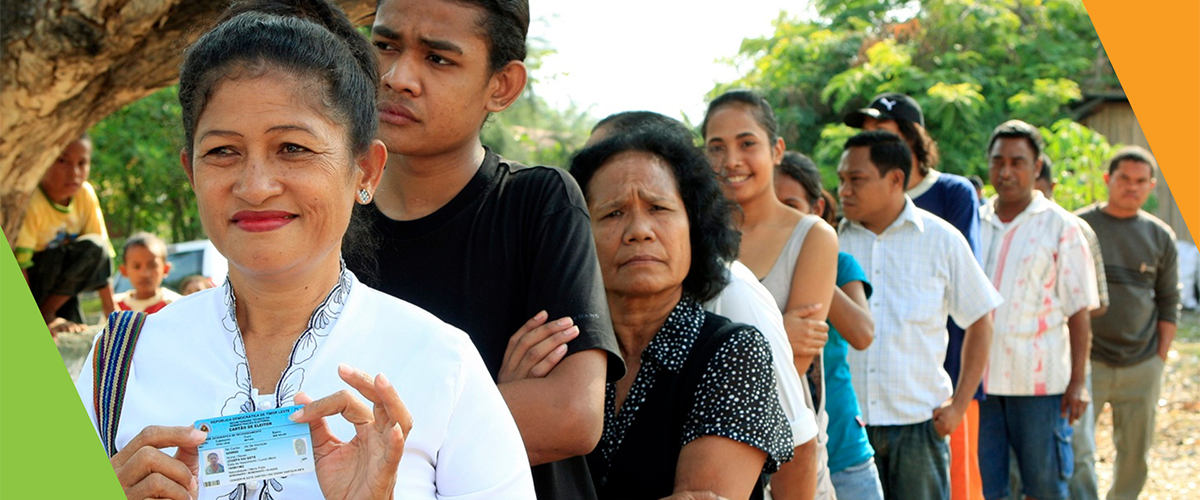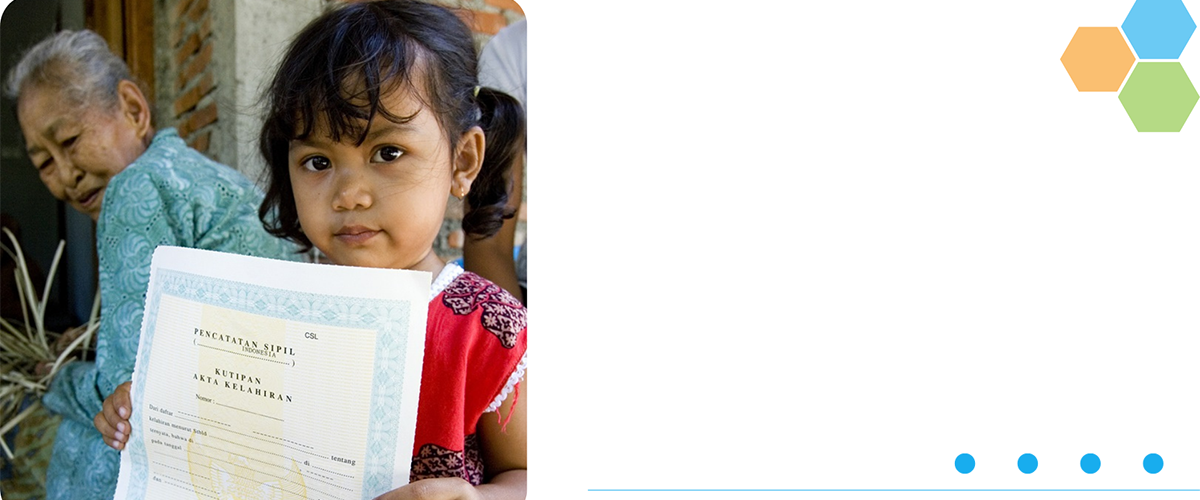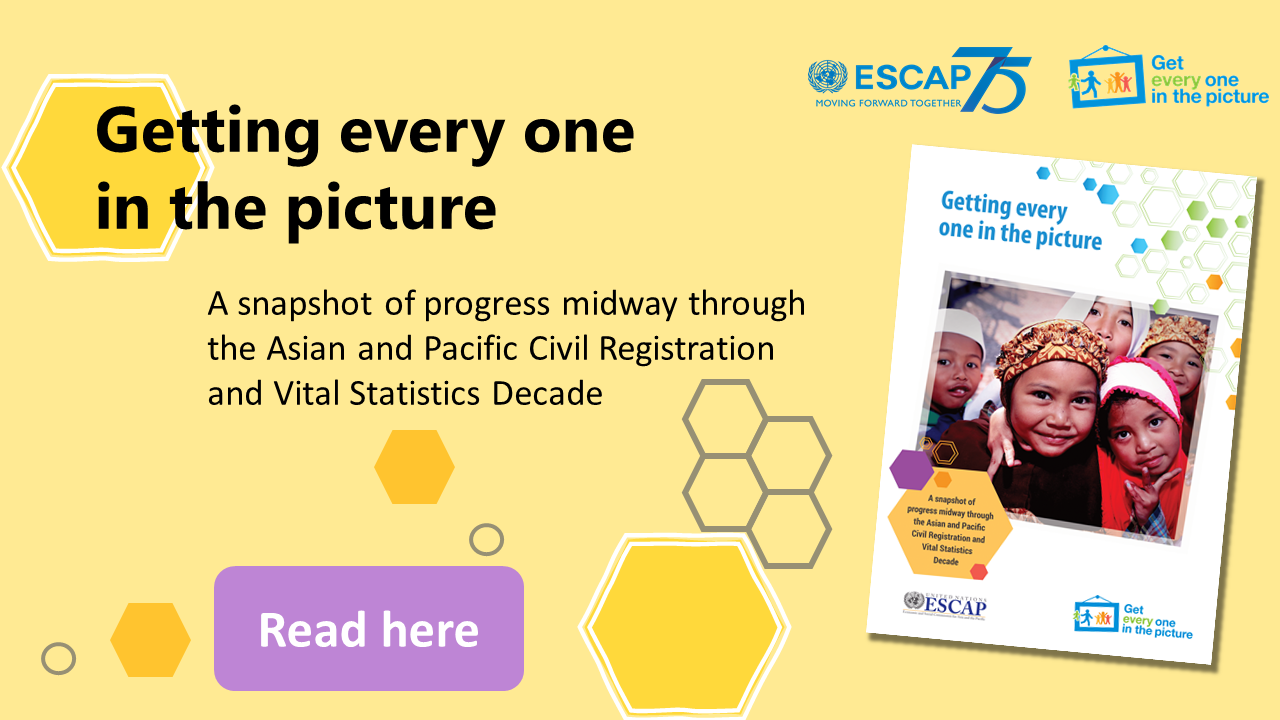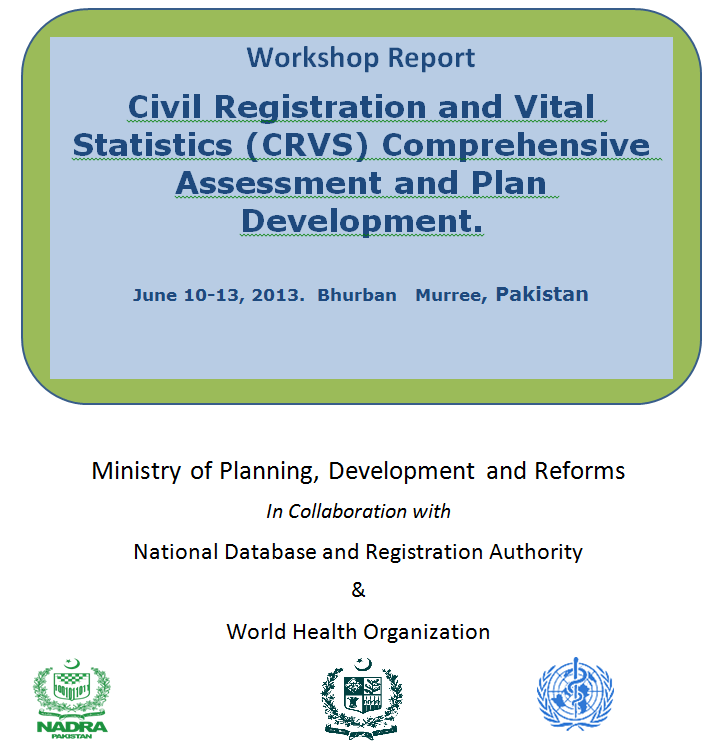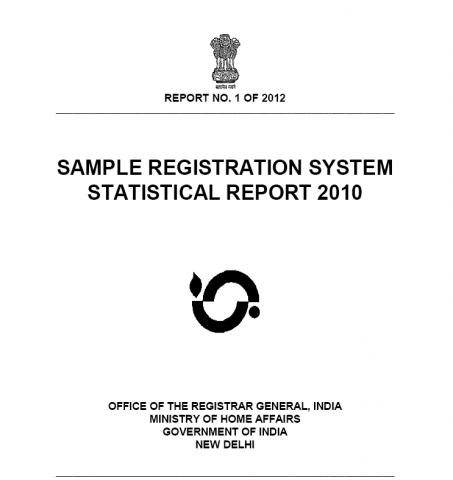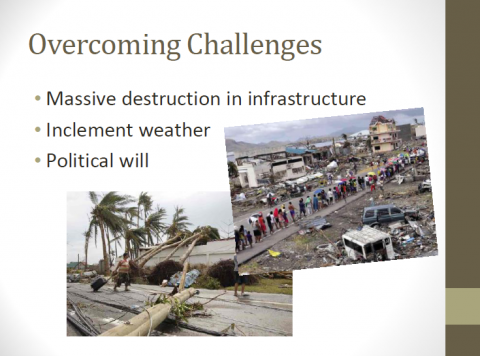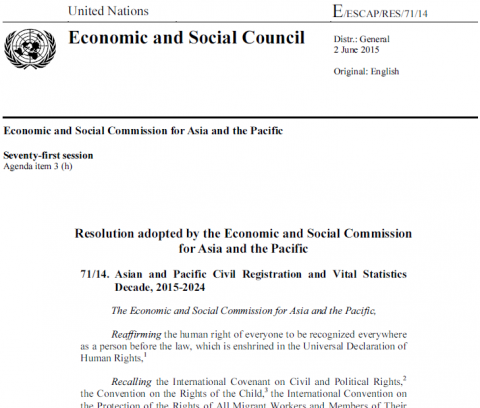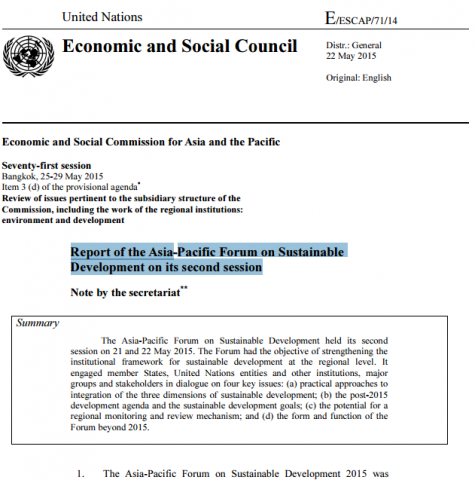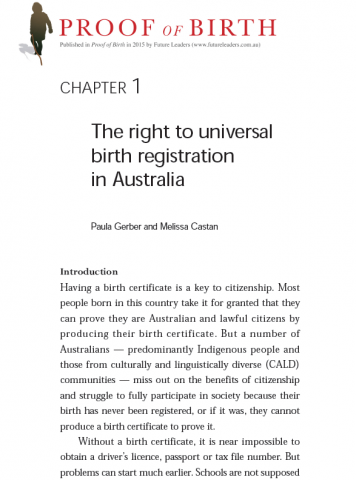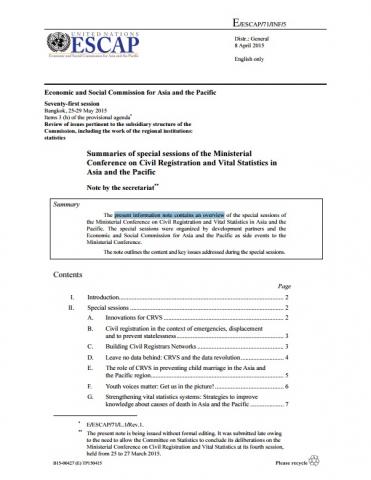Assessing the Quality and Use of birth death and cause of death information in Cambodia
This comprehensive assessment reviewed the main aspects of Cambodia's Civil Registration and Vital Statistics (CRVS) system using the WHO guidance tool. These include the legal and regulatory framework; registration, certification and coding practices; and the compilation, tabulation and use of the resulting data. The focus throughout the assessment was on births, deaths and causes of death, because these are fundamental to guide public health programes, monitor population dynamics and measure key health indicators.
